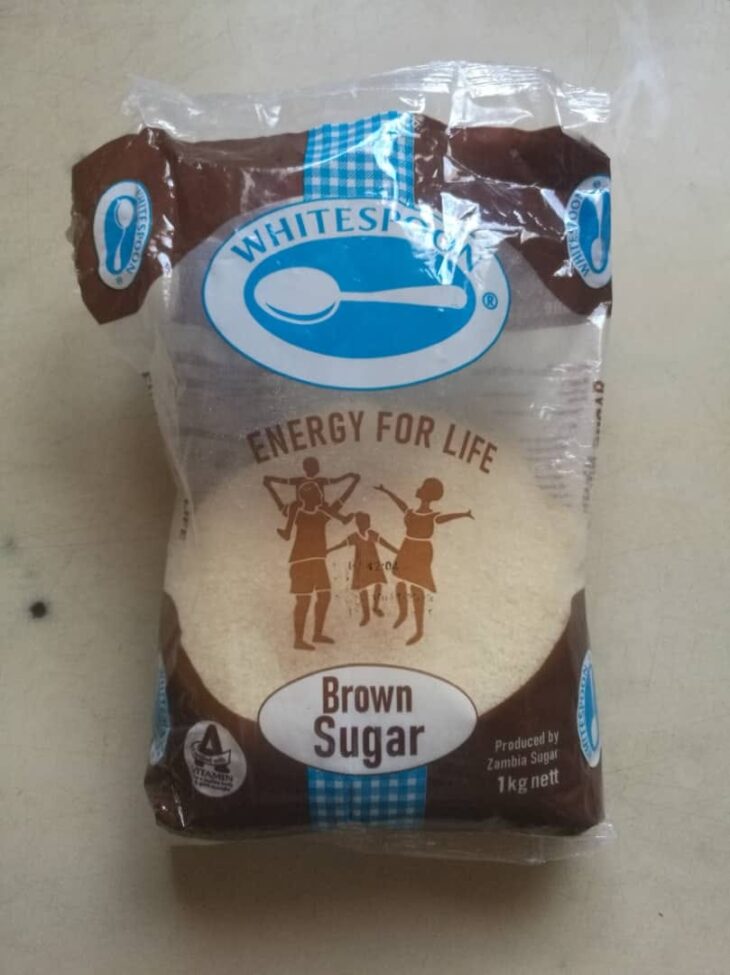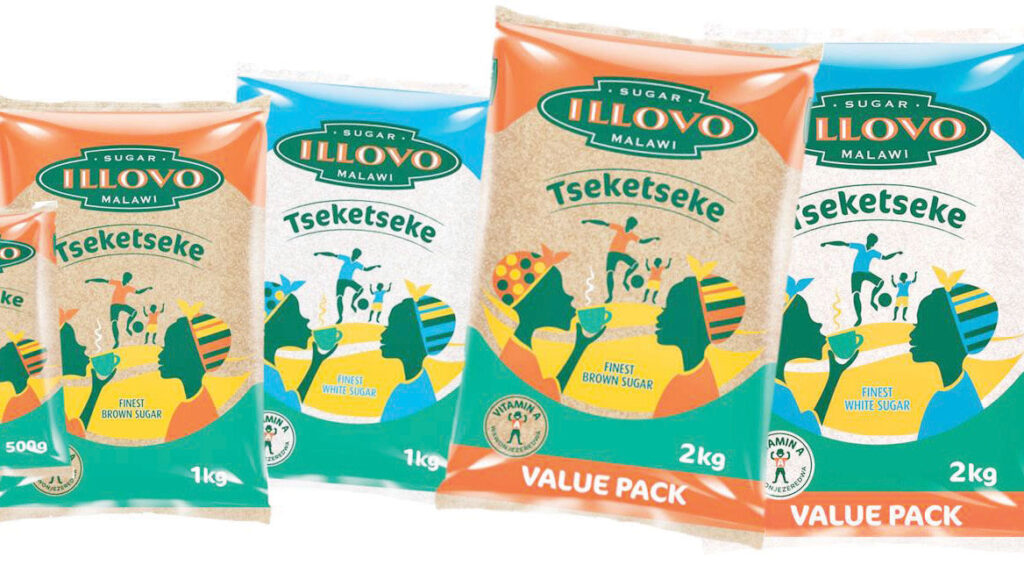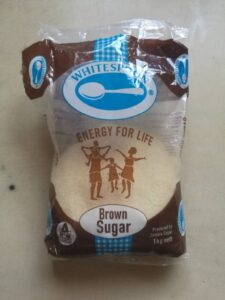
Why is Illovo Sugar suddenly expensive? Zambian Sugar to the rescue?
 Eish, yes, you read that right, Sugar has reached in many areas K4,000 and above, with an average of about K3500(if you are lucky). Sugar is one of the most popular sweeteners and a key ingredient in many Malawian dishes and of course for those of us who drink tea or coffee daily.
Eish, yes, you read that right, Sugar has reached in many areas K4,000 and above, with an average of about K3500(if you are lucky). Sugar is one of the most popular sweeteners and a key ingredient in many Malawian dishes and of course for those of us who drink tea or coffee daily.
What can we, the consumer do about it? Let’s first find out what is going on and then we can start coming up with solutions.
Mwina tizigula Zambian Sugar Basi?
The Challenge of Sugar Scarcity in Malawi
In March 2024, Malawi faced a significant challenge that affected households and businesses alike: a sugar shortage. This scarcity not only impacted the availability of sugar but also saw prices reaching unprecedented heights like we mentioned.. At one point, the cost of a single packet of sugar nearly hit MK4000, straining the budgets of many.
Imagine buying a 1kg bag for K4,000? Most Malawians cannot afford this.
The Impact on Local Businesses and Consumers
A Visit to Blantyre’s Markets
Our journey to understand the depth of this issue took us to Blantyre where I was actually born and grew up there for a short period of time(Chitawira & Machinjiri), Malawi’s business hub and my favorite place to relax after a well deserved vacation, where we explored markets and major stores, including the likes of Sana Cash & Carry and Chipiku Plus. We did not find a single packet of sugar and I even asked one of the staff members there if they were keeping some sugar packets in the bag and he just smiled and said “ayi bwana”. I was not convinced.
Voices from the Ground
Employees at many local shops shared their experiences, noting that the store had been without sugar for several days. The unpredictability of restocking dates added to the uncertainty, with new stock selling out fast within just a few hours.
Many Malawians are feeling the pinch of skyrocketing sugar prices. Conversations with shoppers reveal widespread frustration. People are not only dealing with the high cost, but also with the difficulty of finding sugar even at inflated prices.
This situation hits close to home. Just a few days ago, my neighbor waved to me as she passed by my gate. We were chatting outside, and she held up a packet of sugar. “Koma ndavutika” (This is difficult!), she exclaimed. “Ah ah bwanji so” (Oh dear, what happened?), I replied. “I had to go all the way into town to find this sugar,” she explained, “and guess how much I paid? K3,700!” I could only laugh and shake my head in disbelief.
The Silver Lining: Community Resilience and Innovation
Adaptations in the Face of Adversity
The recent sugar shortage in Malawi wasn’t just a consumer headache; it also presented a significant challenge for store owners. While customers faced empty shelves and skyrocketing prices, businesses had to find creative solutions to keep their doors open and their communities supplied.
Taking Initiative: The Story of Jeffrey Kacheche
Take Jeffrey Kacheche, for example. Faced with dwindling sugar supplies from his usual sources, Kacheche refused to let his customers down. He embarked on a mission to find sugar in alternative markets, even venturing as far as Limbe, a city known for its bustling markets. This extra effort meant paying higher prices for the sugar itself, but Kacheche prioritized keeping his shelves stocked and his customers satisfied.
What is the solution to the sugar crisis?
There isn’t just one approach to this but first and foremost, we, the consumers have to know our rights, I recommend you all to read/download the Consumer Protection act that is guided by one of my personal favorite government commissions, the Competition and Fair Trading Commission of Malawi(CFTC).

Why is having this consumer protection act important?
-
According to the CFTC (Commodity Futures Trading Commission), companies are prohibited from engaging in a practice known as “tying.” This means they cannot force a customer to purchase one product or service (the “tied product”) as a condition of buying another product or service (the “desired product”).
For example, a company selling cell phones could not require you to buy a case and screen protector in order to purchase a new phone, in this case, they CANNOT tell you to have to buy chakuti chakuti in order to get a packet of sugar, this is illegal and you should refer them to the Competition and Fair Trading ACT(CFTA).
- This act tells you a lot of things including that NO business in Malawi can just decide to hide/hoard fuel or in this case Sugar, just because it is limited or scarce no company has the right to hoard the resource.
Short-Term Measures:
- Increase Imports: Allowing temporary sugar imports from neighboring countries could help stabilize supply and bring prices down in the short term. In some places like Mzuzu and BT, Zambian Sugar has already hit the market and it is selling fast because it is cheaper, ironically, Zambian Sugar is also owned by guess who? Illovo Sugar Zambia, yes Illovo Sugar also operates in Zambia and other countries.

Long-Term Solutions:
-
Boost Domestic Production: We need more than one company controlling the Malawian sugar market. Illovo Sugar’s dominance needs to be challenged by encouraging and supporting the development of a diversified sugar industry. This could involve:
- Empowering small-scale Malawian sugarcane growers: Providing resources, training, and infrastructure support to smallholder farmers would increase domestic sugar production and empower local communities.
- Attracting new, independent sugar producers: Offering incentives and creating a favorable business environment could attract new companies to invest in Malawian sugar production. This would introduce competition and potentially lead to lower prices and a more stable supply.
- Promoting cooperatives: Encouraging the formation of Malawian-owned sugar cooperatives could give local communities more control over production and profits.
- Diversify Sugar Sources: Relying on a single producer makes Malawi vulnerable to disruptions. Encouraging competition in the sugar market could lead to more stable pricing and supply.
- Address Production Costs: Helping Malawian sugar producers reduce their production costs, such as through fertilizer subsidies or improved transportation infrastructure, could make domestic sugar more competitive.
With that said, the sugar shortage in Malawi is more than a temporary inconvenience; it’s a reflection of broader systemic issues that require attention and action. By sharing these stories, we aim to shed light on the importance of resilience, adaptability, and community support in overcoming challenges, at the same time we urge you to read about Illovo Sugar’s complaint to the government’s new tax policies.
- The Hidden Costs of Sending Money Home: A Look into Malawi’s Remittance Rates - March 15, 2024
- Malawi Resumes Passport Printing: What You Need to Know - March 12, 2024
- Malawi’s Maize Prices Show Decline, Relief for Consumers - March 12, 2024
